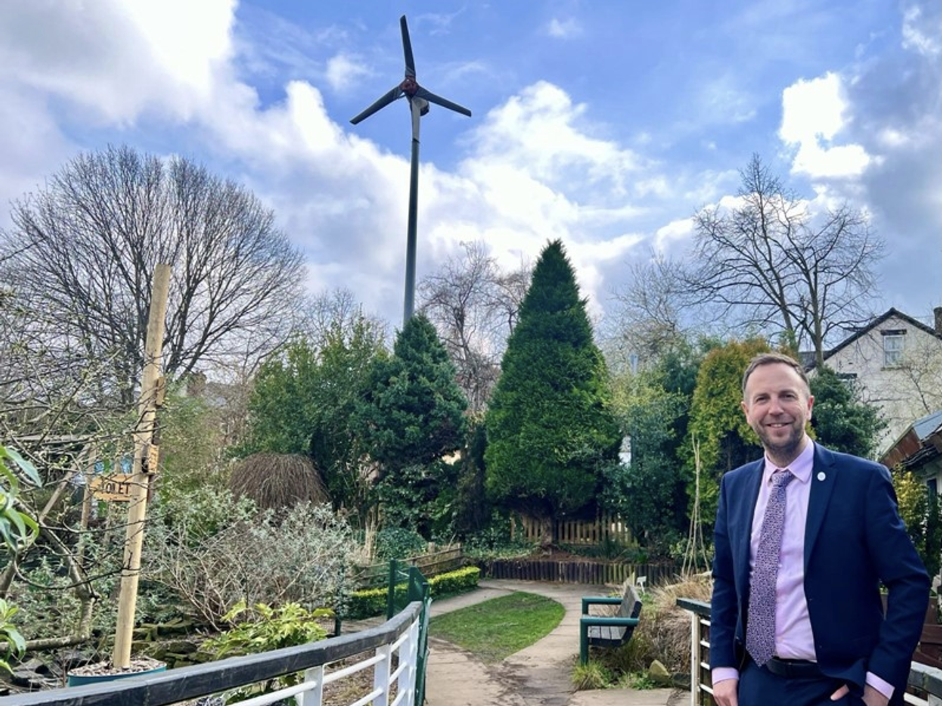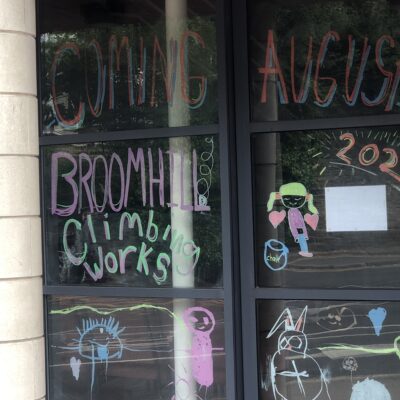
Plans to install sustainable solar panels and wind power across Sheffield have been outlined as part of a new 13-step ‘decarbonisation route map’.
Members of the Transport, Regeneration and Climate Committee met on Wednesday, 13 March, to discuss recommendations made in the plan.
The map is the third of seven to be developed under the council’s decarbonisation plan.
Jana Alshaikh, 17, a student residing in St Georges Close, said: “It’s more than a good idea; it’s a necessary one. We have to start focusing more on renewable energy projects; things are only getting worse.”
The plan’s development will ensure the transition to a decentralised energy system and aid the city in reaching its goal of becoming net zero by 2030.
The recommendations, while innovative, were criticised at the meeting for being ambiguous and lacking feasible aims.
Councillor Craig Gamble Pugh said at Wednesday’s meeting: “The word ambition appears in this report 30 times. I think what I expect from a road map if I’m trying to get to a particular destination is a plan, you know, drive straight 30 minutes, then turn left.
“I wouldn’t have a road map that says I have the ‘ambition’ to arrive in Birmingham.”
Integration of a new renewable energy system is expected to occur over a two-year period.
Funding is yet to be secured from South Yorkshire’s Mayor Oliver Coppard’s Feasibility Fund, resulting in minimal detail and a lack of evidence-based strategies to decarbonize Sheffield.
William Stewart, Director of investment, climate, and change planning, said he was aware that the targets were tough.
He said: ”We know they are really, really challenging, and no one is sitting around in this room today saying they aren’t, but we need to have them because those authorities with ambitious targets will be the first recipients of the money from big institutional funders.”
The Energy, Generation and Storage Routemap is ‘aimed at near-term action’ and focuses on meeting three key objectives, namely that small and large-scale renewable energy generation is increased.
The plan’s success depends on members’ willingness to ‘realize ambitions’, focus on the climate emergency, and ‘influence the decisions the council is making’.
Tom Finnegan-Smith, Head of Strategic Transport and Infrastructure at the council urged members to trust the plan,
He said: ”A lot of political support is important; it’s required for our ambitions to become a reality.”



